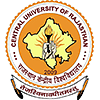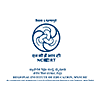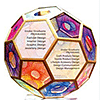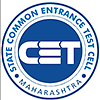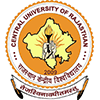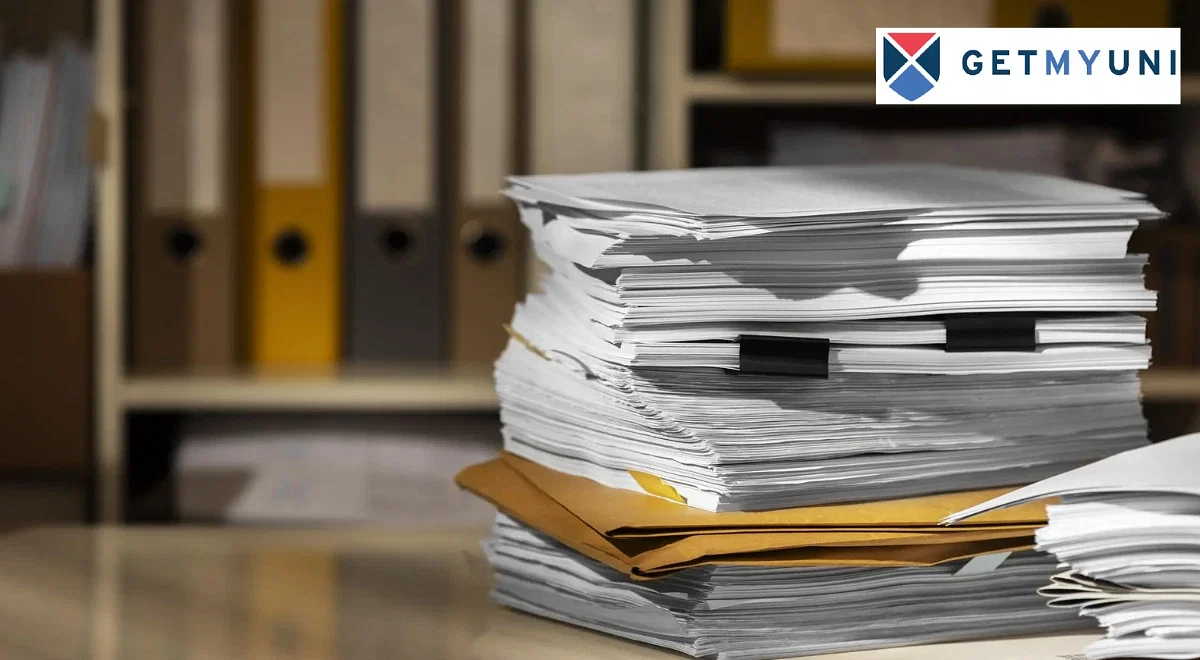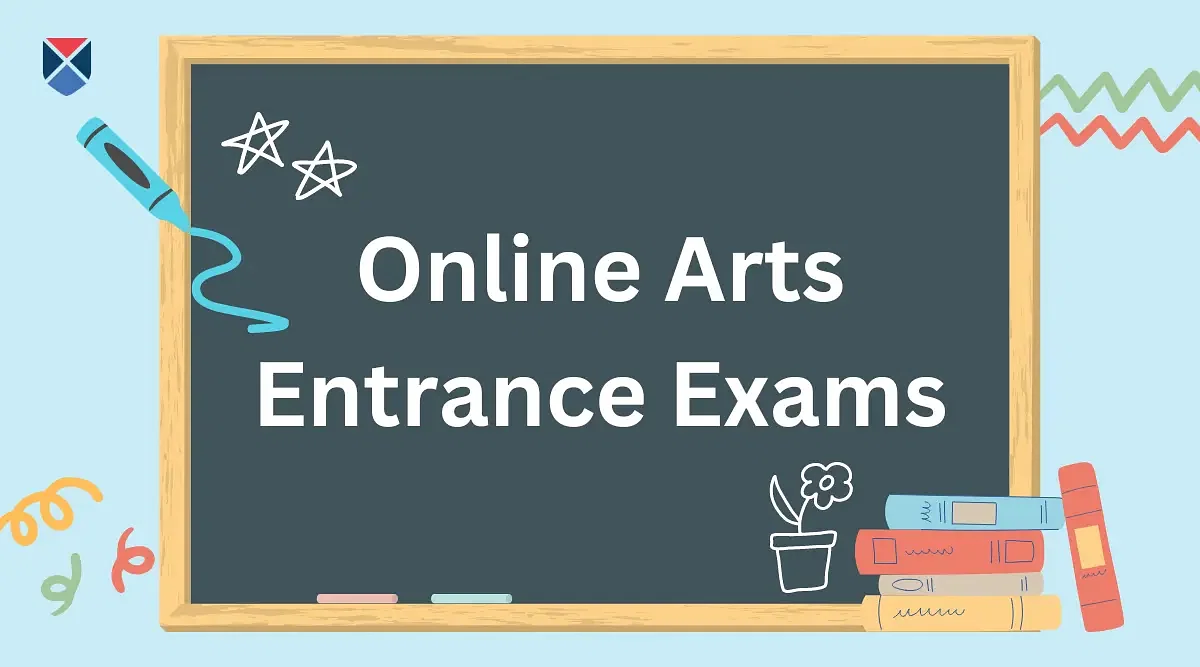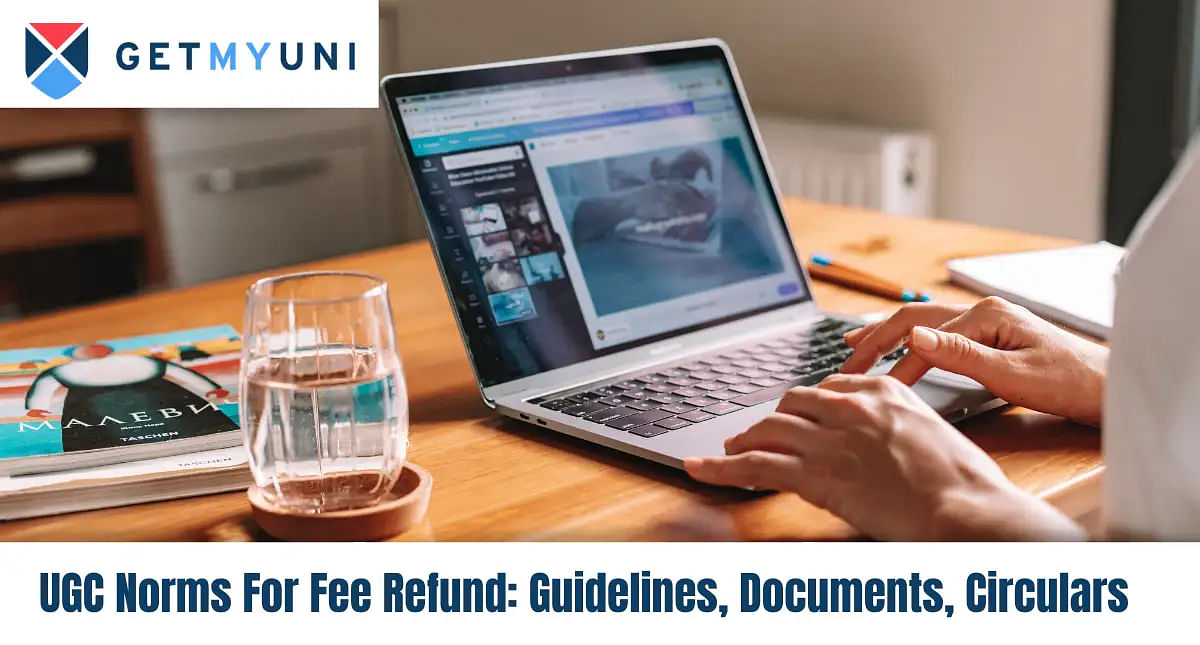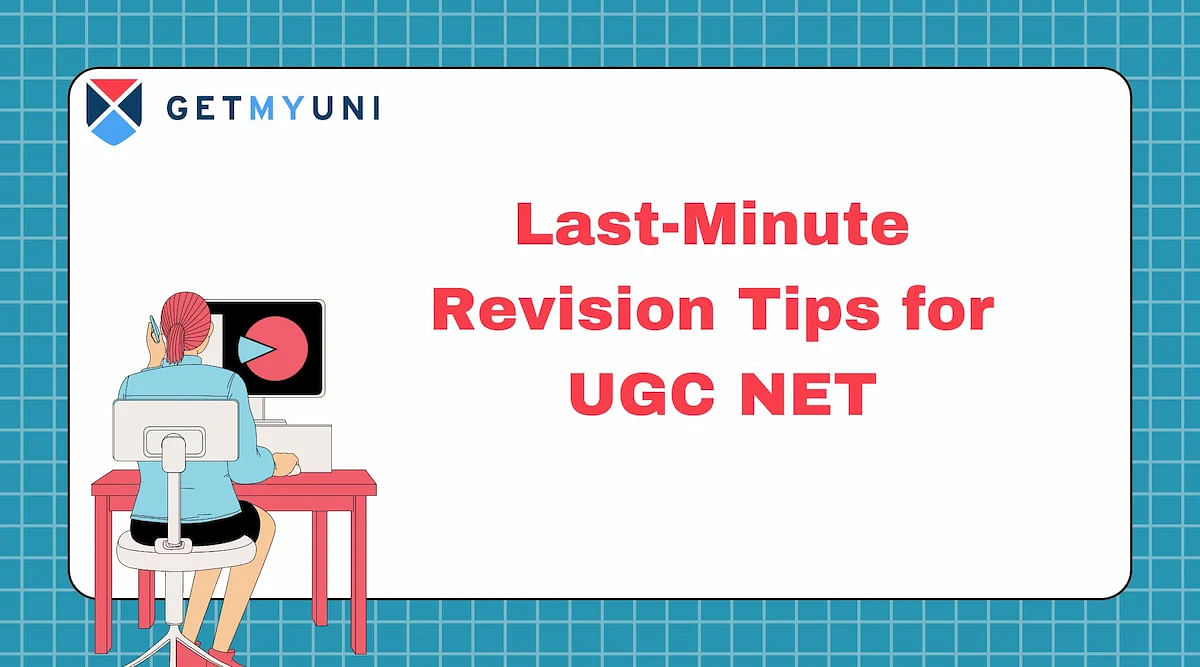The UGC NET English syllabus 2023 will help the students plan and prepare for their UGC NET English exam. The students can download the syllabus either in PDF format or check the text of the syllabus given.
UGC NET English syllabus 2023 topics include Romantic Period, Victorian and Pre-Raphaelites, Modern British Literature and more. The UGC has decided to amalgamate both papers, so the entire exam is divided into two papers: Paper I is the general paper for all subjects, while Paper II is solely for the subject in question.
UGC NET English Syllabus 2023
The interesting point about the UGC NET English Syllabus 2023 is that in the previous exams, the UGC NET English Literature syllabus was divided into three papers. Paper II would consist of certain core units, while Paper III would consist of elective units. The syllabus tables below according to the core units and the elective units. Excluding elective units, the listed units are ordered by their unit numbers; from introductory to advanced units.
Core Units
Initially, these core units fell under Paper II, which makes them the most important units to focus on. They are as follows:
- Literary Comprehension
- Jacobean to Restoration Periods
- Augustan Age 18th Century Literature
- Romantic Period
- Victorian and Pre-Raphaelites
- Modern British Literature
- Contemporary British Literature
- Literary Theory and Criticisms (Up to TS Elliot)
- Contemporary Theory
Elective Units
These were units that would mostly pop into Paper III. Even though they are electives — units that you may choose to participate with — the amalgamation of papers have made them appear to be more important. They are as follows:
- History of the English Language and English Language Teachings
- European Literature from the Classical Age to the 20th Century
- Indian Writing and Literature in English
- American and Other Non-British English Literature
- Literary Theory and Criticisms
We’ve summarised them in a table below if you feel you need that convenient display of information.
| Core Units | Elective Units |
|---|---|
| Literary Comprehension | History of English Language and English Language Teachings |
| Jacobean to Restoration Periods | European Literature from Classical Age to the 20th Century |
| Augustan Age 18th Century Literature | Indian Writing and Literature in English |
| Romantic Period | American and Other Non-British English Literature |
| Victorian and Pre-Raphaelites | Literary Theory and Criticisms |
| Modern British Literature | - |
| Contemporary British Literature | |
| Literary Theory and Criticism (Up to TS Elliot) | |
| Contemporary Theory |
Click Here: UCG NET English Syllabus PDF.
UGC NET English 2023 Exam Pattern Overview
There are two papers namely Paper 1 and Paper 2. Paper 1 is compulsory for every discipline whereas Paper 2 is subject specific questions. Below we will see the patterns in detail:
| Topics | Paper 1 | Paper 2 |
| Mode of Exam | Online | Online |
| Duration | 180 Minutes | 180 Minutes |
| Paper Type | Compulsory for everyone | Discipline Related |
| Total Number of Questions | 50 | 100 |
| Question Type | MCQs; 4 options with only 1 correct option | MCQs; 4 options with only 1 correct option |
| Total Marks | 100 | 200 |
| Marking Scheme | +2 for every correct answer, no negative marking | +2 for every correct answer, no negative marking |
| Language of Question Papers | English and Hindi | English only for UGC NET English |
Read More: UGC NET Exam Pattern
UGC NET Exam Pattern for English Paper 1
As per the official website of NTA informs, "The questions will be generic in nature, intending to assess the teaching/research aptitude of the candidate. It will primarily be designed to test reasoning ability, comprehension, divergent thinking and general awareness of the candidate."
| UGC NET Paper 1 Sections | Questions in UGC NET Paper 1 | UGC NET Paper 1 Marks |
| Teaching Aptitude | 5 | 10 |
| Research Aptitude | 5 | 10 |
| Reading Comprehension | 5 | 10 |
| Communication | 5 | 10 |
| Reasoning (including Maths) | 5 | 10 |
| Logical Reasoning | 5 | 10 |
| Data Interpretation | 5 | 10 |
| Information & Communication Technology (ICT) | 5 | 10 |
| People & Environment | 5 | 10 |
| Higher Education System: Governance, Polity & Administration | 5 | 10 |
| Total | 50 | 100 |
UGC NET 2023 Best Books for English
Here, we've listed the books we believe are the best kind to prepare you for the UGC NET examinations. It covers almost all the topics that have been stated above, however, we recommend that you buy a select number of them, as a single book may not cover all the topics.
| Books | Authors/ Publishers |
| A Glossary of Literary Terms | MH Abrams |
| Oxford Companion to English Literature | Sir Paul Harvey and Margaret Drabble |
| Modern and Postmodern Literature | Shiv Govind Puri |
| Indian Writing in English | KR Srinivasa Iyengar |
| A Critical History of English Literature | David Daiches |
| History of English Literature | Edward Albert |
| A History of Literary Criticism | M. A. R. Habib |
| The Oxford Companion to English Literature | Dinah Birch |
| An Outline History of English Literature | W.H. Hudson |
| UGC NET English Literature | Arihant Experts |
How to Prepare for UGC NET English Syllabus 2023?
The competition for admission through UGC NET will be high. Therefore, candidates can follow the below points to start their UGC NET English 2023 preparation.
- Begin by analysing the syllabus thoroughly. Mark the areas that cover high weightage.
- Buy and refer to the prescribed books. However, check the contents of the books before purchasing.
- Next, arrange for the previous year's question paper, and follow the past trends of the question paper.
- Check the internet and gauge the question paper's difficulty level for the last few years.
- Lastly, concentrate on the areas that need more attention.
How to Score Good Marks in UGC NET English?
Scoring good marks in UGC NET is very important; therefore, candidates need a clear concept of the topics. Here are some tips and tricks that can help the candidates ace the exam and bag good scores.
- Create a timetable after assessing the entire syllabus.
- Allot time according to the importance of each topic and weightage.
- Follow the past year's question papers and measure the difficulty level.
- Appear for mock tests, evaluate your performance and work on the areas of weakness.






